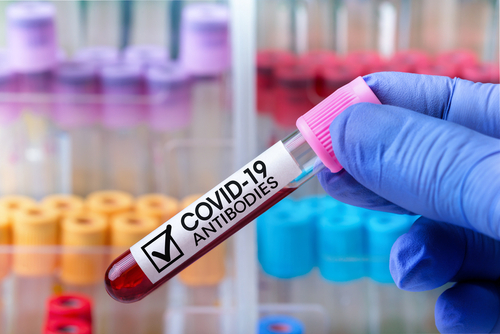
A Defense Advanced Research Projects Agency (DARPA)-supported COVID-19 treatment by AbCellera Biologics has gained emergency use authorization (EUA) from the U.S. Food and Drug Administration (FDA) this week, representing a major success for all involved.
Specifically, the therapeutic bamlanivimab — a human antibody — was identified and supported by DARPA’s Pandemic Prevention Platform (P3). Working in conjunction with the National Institute of Allergy and Infectious Diseases (NIAID), the program helped bamlanivimab gain authorization for treating patients 12 years of age and older experiencing mild to moderate COVID-19.
AbCellera developed bamlanivimab alongside Eli Lilly and Company after AbCellera obtained a sample of blood through an intergovernmental panel and identified more than 1,000 potential antibody candidates. Testing charted how well these antibodies bound to and neutralized the SARS-CoV-2 virus, which causes COVID-19. Eli Lilly helped identify the best candidates for large scale manufacturing. Between them, they narrowed matters down to a single antibody as the best candidate for clinical trials.
“Through the P3 program, it’s incredibly rewarding to see how our performers have been able to accelerate antibody discovery and characterization,” Dr. Amy Jenkins, P3 program manager, said. “We’re proud to be able to make a positive impact on this outbreak.”
AbCellera’s antibody product moved from sample to EUA in just over eight months, thanks in part to DARPA’s P3 program. That program, first launched in 2017, uses pioneer technology to aid rapid discovery, characterization, production, testing, and delivery of DNA and RNA encoded medical countermeasures against infectious diseases.
Other partners in the P3 program include AstraZeneca, Duke University, and Vanderbilt University, all of which have successfully identified COVID-19 antibodies in less than 90 days. Traditionally, this takes years to achieve.




